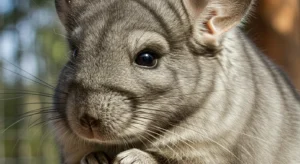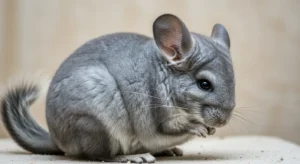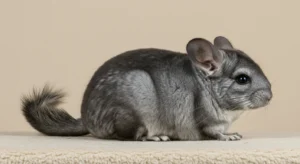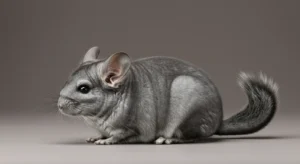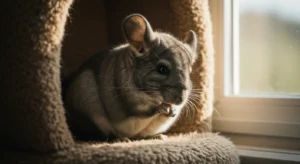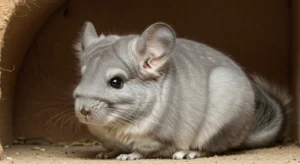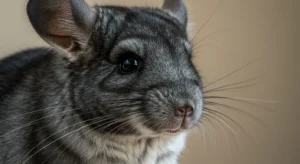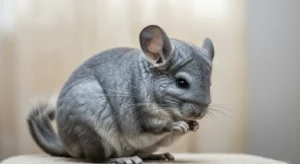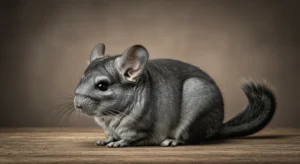Budgeting for a Chinchilla: Costs to Consider
Owning a chinchilla is a rewarding experience, but it’s also a significant financial commitment, extending well beyond the initial purchase price of the animal itself. Chinchillas require specific housing, specialized diets, ongoing supplies, and potentially costly veterinary care. Prospective owners must carefully consider and budget for these expenses to ensure they can provide proper care throughout the chinchilla’s long lifespan (often 15-20 years).
Upfront Costs: Acquisition and Setup
These are the initial, often substantial, costs incurred when first bringing a chinchilla home.
| Item | Estimated Cost Range (USD) | Notes |
|---|---|---|
| Chinchilla Purchase/Adoption | $75 – $400+ | Adoption fees are usually lower ($75-$150). Breeder prices vary by color, quality, lineage ($150-$400+). |
| Cage (Large, Appropriate) | $150 – $400+ | Essential for well-being. Ferret/Critter Nation or similar recommended. Do not skimp here. |
| Wood Ledges/Platforms | $30 – $100+ | Kiln-dried pine ledges are necessary for multi-level cages. |
| Hide House | $15 – $40 | Essential for security. Wood or fleece options. |
| Food Dish & Water Bottle | $15 – $40 | Heavy ceramic dish, glass water bottle recommended. |
| Dust Bath House & Dust | $20 – $50 | Container + initial supply of chinchilla-specific dust. |
| Chew Toys (Initial Assortment) | $20 – $50+ | Wood chews, pumice stones, loofah, etc. |
| Bedding/Liners (Initial Supply) | $15 – $50 | Aspen/pine shavings or set(s) of fleece liners. |
| Hay & Pellets (Initial Supply) | $20 – $40 | Bag of pellets, box/bag of hay. |
| Travel Carrier | $20 – $40 | Necessary for vet visits or transport. |
| Estimated Total Upfront Cost | $400 – $1200+ | Highly variable based on choices and sourcing. |
Understanding the initial chinchilla setup expenses helps prevent budget surprises.
Recurring Monthly Costs
These are the ongoing expenses for supplies:
- Hay: $15 – $30+ (Depends on quantity/quality. Buying in bulk is often cheaper).
- Pellets: $10 – $20 (A bag lasts a while for one or two chins).
- Dust Bath Dust: $10 – $20 (Depends on frequency and brand).
- Bedding: $15 – $40 (Shavings need replacing; fleece liners require washing supplies/electricity).
- Chew Toys: $10 – $30+ (Need constant replenishing as they get destroyed).
Estimated Monthly Recurring Costs: $60 – $140+
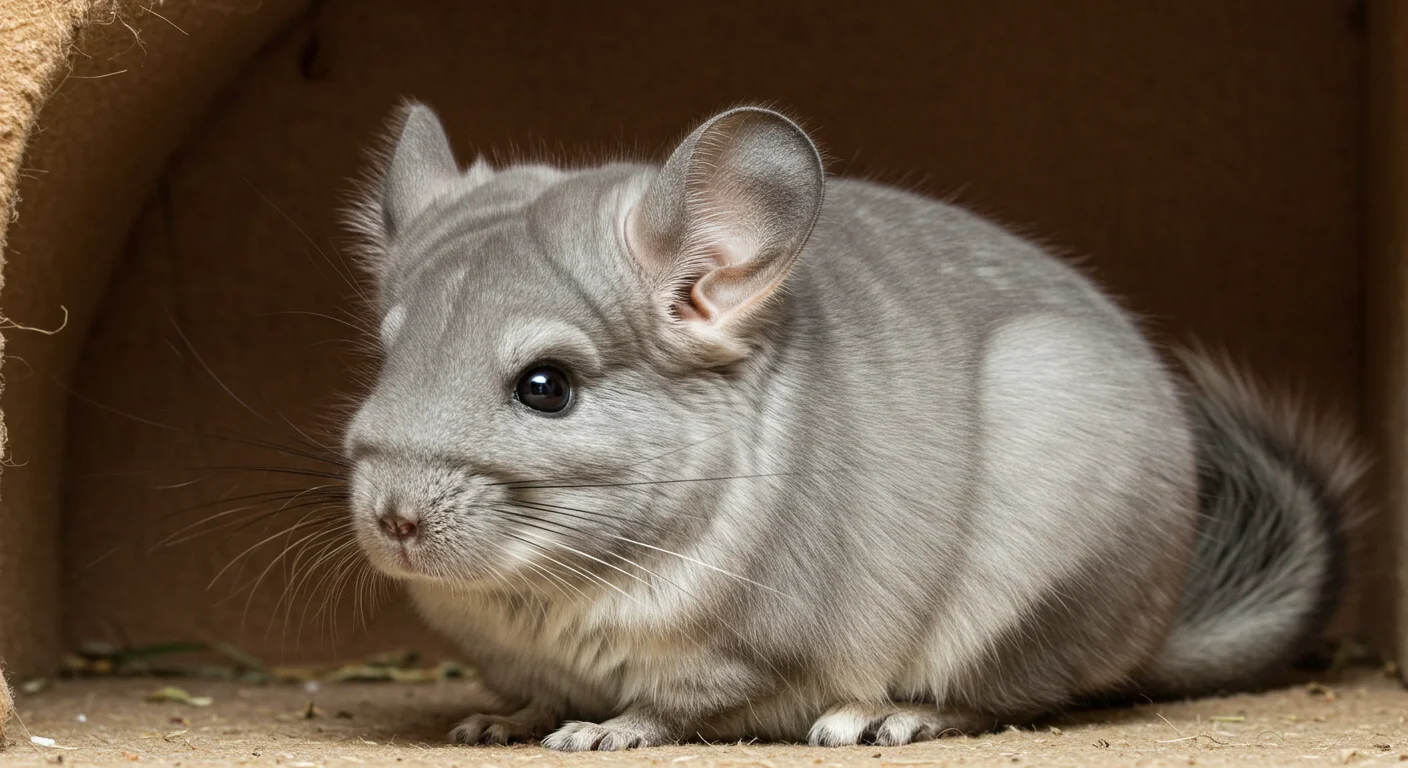
Annual Veterinary Costs
Preventative care is crucial and requires budgeting:
- Annual Checkup: $60 – $150+ (Requires an exotic-savvy vet, often more expensive than standard vets). Includes physical exam, weight check, basic dental check.
- Fecal Test (Optional but Recommended): $30 – $60 (Checks for parasites).
Estimated Annual Vet Wellness Cost: $90 – $210+ per chinchilla
Potential Emergency Costs
This is the most unpredictable but potentially highest cost. Chinchillas can get sick or injured, requiring immediate, specialized care.
- Emergency Vet Visit: $100 – $250+ (Exam fee alone).
- Diagnostics (X-rays, Bloodwork): $150 – $500+
- Medications: $30 – $100+
- Dental Work (Malocclusion): $200 – $800+ (Often requires anesthesia and specialized equipment, may need repeat procedures).
- Surgery (e.g., Abscess, GI Stasis): $500 – $2000+
Having an emergency fund ($500-$1000+) or pet insurance covering exotics is highly recommended. Unexpected vet bills are common with chinchillas due to their sensitive nature. Budgeting for unexpected chinchilla health expenses is vital.
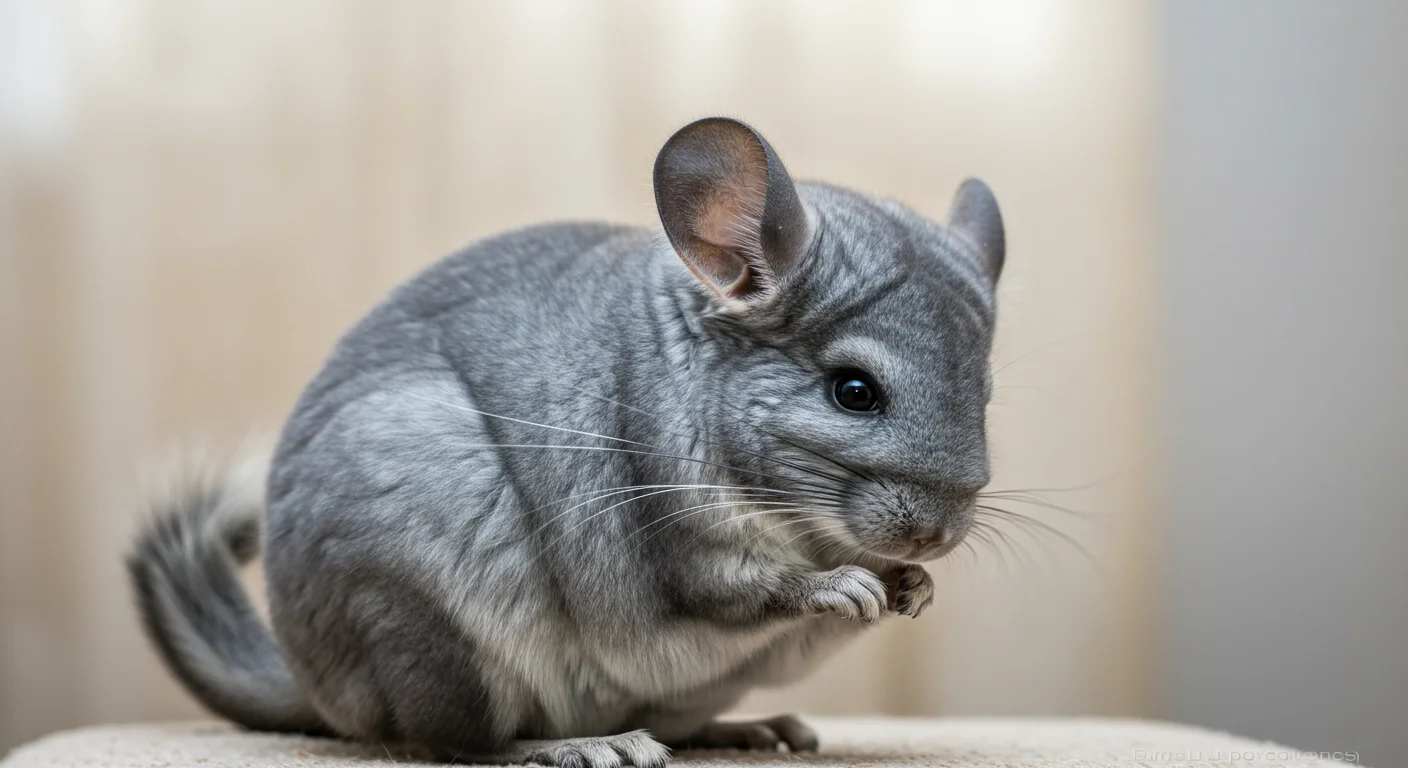
The Long-Term Financial Commitment
Considering a 15-year lifespan, the total cost of ownership (excluding emergencies) can easily range from **$11,700 to $27,900+** per chinchilla (based on $60-$140 monthly + $150 annual vet). Add potential emergency costs, and the figure can be substantially higher.
Cost-Saving Tips (Without Compromising Care)
- Adopt, Don’t Shop: Adoption fees are lower, and you give a deserving animal a home.
- Buy Hay/Bedding in Bulk: Often cheaper per unit from feed stores or online suppliers (ensure quality and proper storage).
- DIY Fleece Liners: If crafty, making your own can be cheaper than buying pre-made.
- DIY Safe Chew Toys: Collect safe wood branches (apple, willow – ensure pesticide-free and properly dried) or use plain cardboard tubes.
- Preventative Care: Investing in proper diet and housing minimizes health risks and future vet bills.
Conclusion: Are You Financially Prepared?
Owning a chinchilla is a long-term financial responsibility that goes far beyond the initial purchase. Prospective owners must honestly assess their budget and ensure they can afford not only the significant setup costs but also the ongoing monthly expenses and, crucially, potential emergency veterinary care. Proper budgeting ensures you can provide the high standard of care these wonderful animals deserve throughout their long lives.
